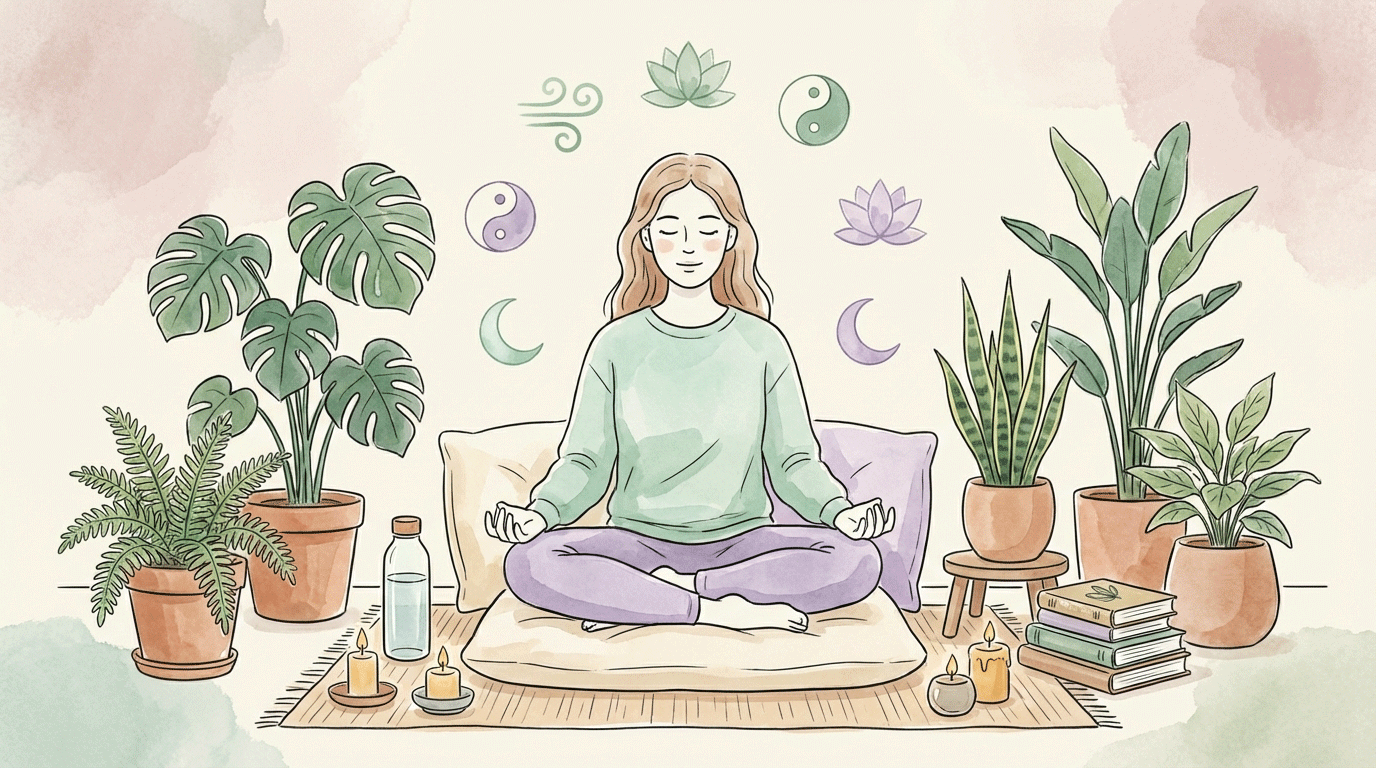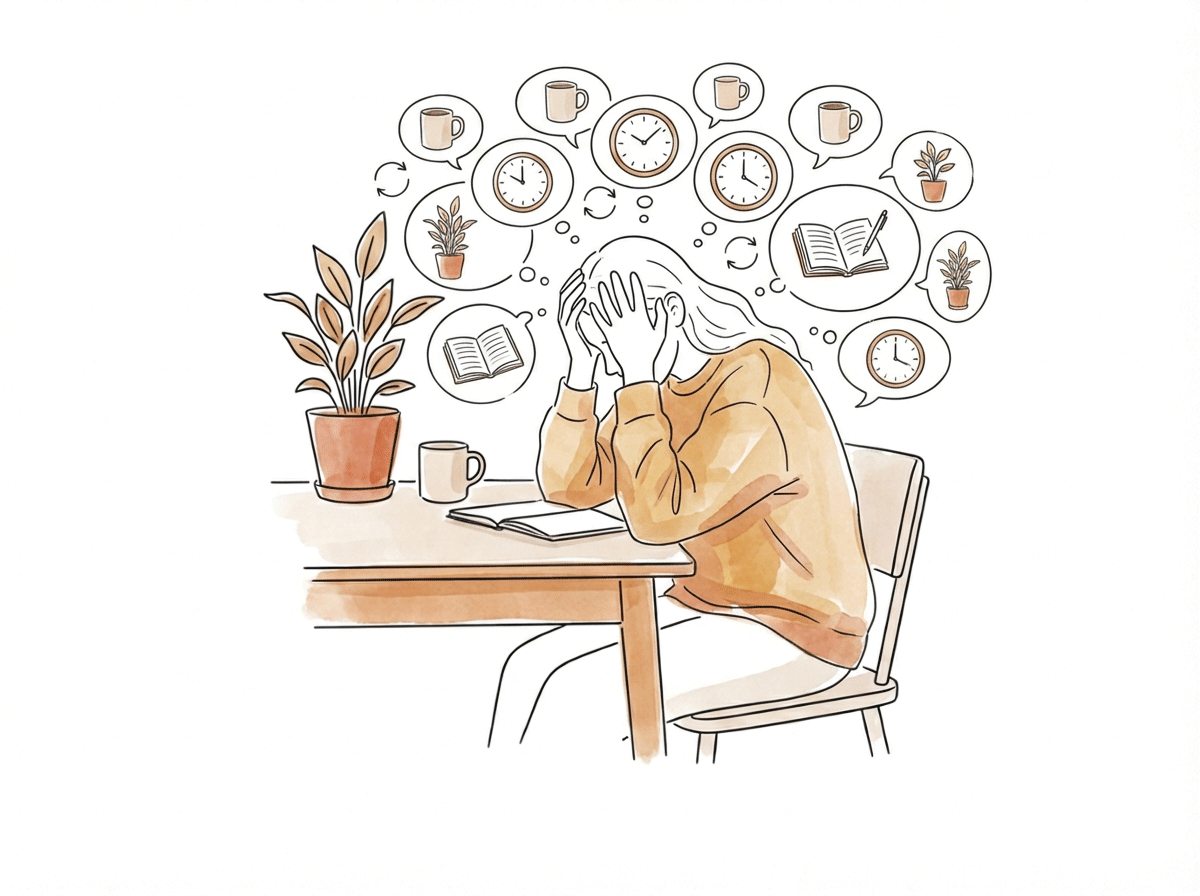About the therapist finder
The Therapist Finder was founded by Luisa Kos, a psychotherapist with a previous career in web design and user experience. After years of seeing how difficult it can be for people to find the right therapist—and how frustrating directory platforms can be for therapists themselves—she decided to build something better. The platform brings together her clinical experience and technical background to create a directory that’s intuitive, human-centred, and genuinely useful. The result is a faster, clearer and more personalised way to connect people with the support they need.
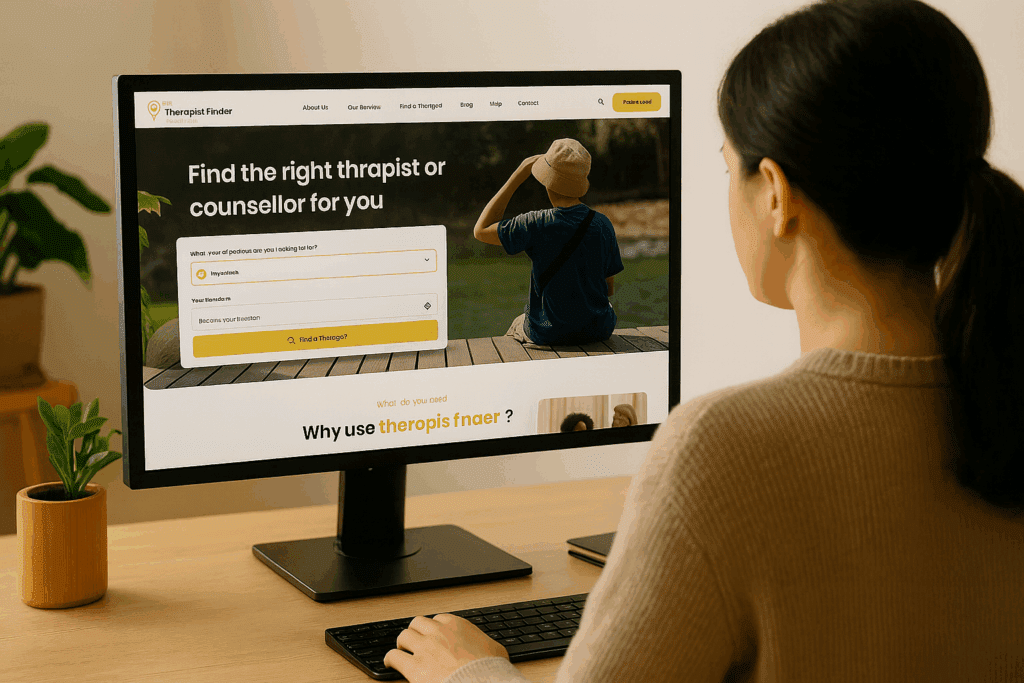
What we do
Therapist Finder is more than just a directory—it’s a specialised platform that connects people with the right mental health professionals based on their unique needs.
Easy search by speciality
Whether you’re looking for a therapist specialising in anxiety, relationships, trauma, or another area, you can filter your search to find the right professional.
Clear, concise listings
Each therapist profile provides key information to help you make an informed choice.
Mental health insights
Our platform also publishes expert content on mental health topics, different types of therapy, and tips for emotional well-being.
Why choose us?
Why use therapist finder ?
The Therapist Finder connects you with highly specialised therapists tailored to your specific needs—whether it’s anxiety, relationships, trauma, or more. With clear profiles and easy search filters, finding the right support has never been simpler. Start your search today.
Is therapy right for me?
Understand the signs that therapy could help and what to expect from the process.
Different types of therapy
From CBT to psychodynamic therapy—find out which approach might be best for you.
What to expect ?
Feeling nervous about starting therapy? Here’s what typically happens in your first appointment.

Meet our featured therapists
Meet some of our therapists
Looking for the right therapist? Our directory connects you with experienced, qualified professionals who specialise in a wide range of mental health and relationship challenges. Whether you need support for anxiety, depression, couples therapy, or personal growth, you’ll find trusted therapists ready to help. Browse our featured therapists today and take the first step towards lasting change.
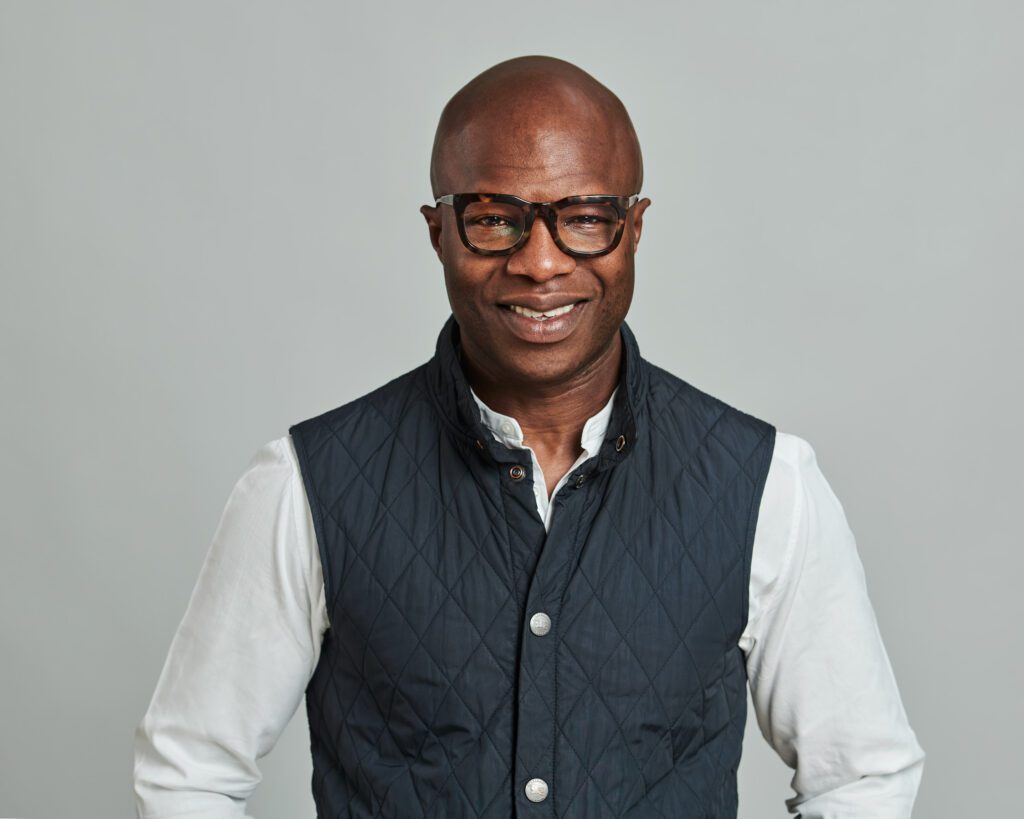
Luq Adejumo
I have Master’s degree (MSc) in Person-centred psychotherapy and a Diploma in Contemporary Person-centred psychotherapy from The Metanoia Institute

Olga Konstantinidou
I am a multilingual Consultant Clinical Psychologist (English and Greek), recognised by the BPS and HCPC, offering online therapy. I work integratively, drawing on approaches such as CBT, Schema Therapy, DBT, Mindfulness, CFT, CAT and systemic therapy. My approach is collaborative and tailored to each person, combining reflection and practical strategies to support meaningful change.

Joggs Camfield
Every person is unique, experiencing an individual journey that sometimes can become difficult to navigate. We can lose our way and the challenges and obstacles we face are hard to negotiate alone.
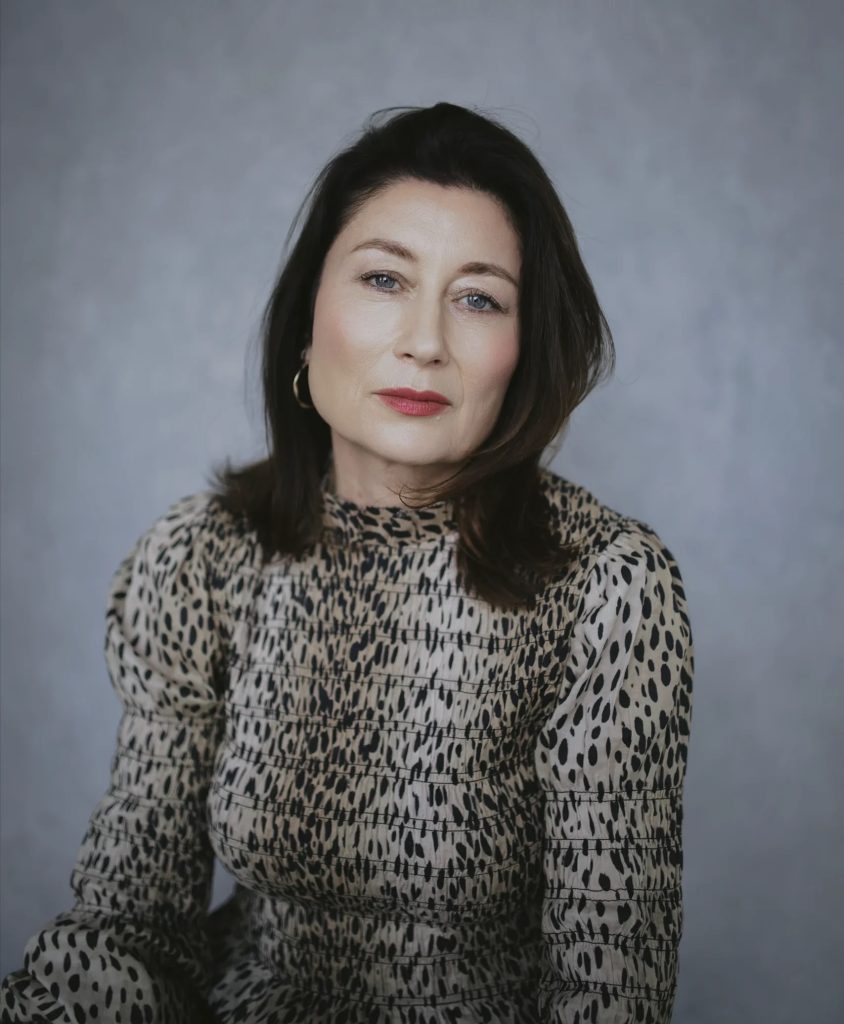
Catherine Vij
I specialise in women’s mental health, perinatal mood, anxiety, grief and loss. I bring compassion and understanding to the therapy sessions and draw from my training as a counsellor as well as my experiences working in the NHS and the charitable sector
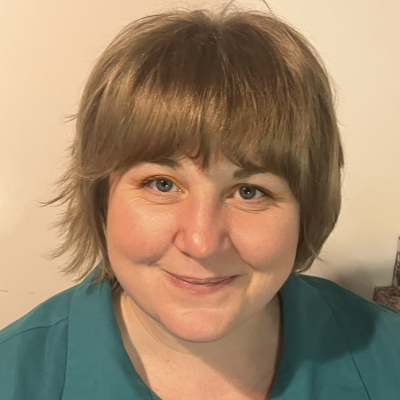
Alena Todorov
I am a UKCP registered Psychotherapist and Certified Transactional Analyst with over eight years of clinical experience and a background in organisational psychology. I work relationally using a Transactional Analysis framework, informed by trauma aware, attachment based, somatic, and CBT influenced approaches. My work focuses on patterns, emotional regulation, identity, and relationship difficulties, including anxiety, low mood, neurodivergence, and complex trauma. I offer an LGBTQ+ affirmative, culturally responsive space and work at a pace that respects the nervous system.
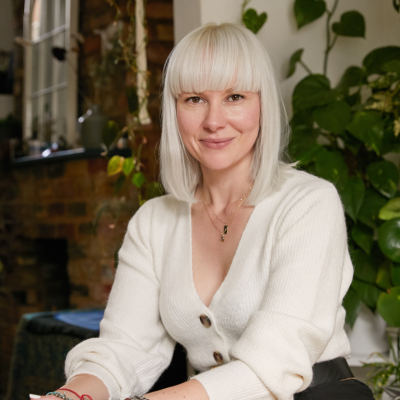
Claudia Behnke
I am a qualified couples counsellor and psychotherapist based in Westcliff-on-Sea (near Chalkwell Park), offering therapy in person and online via Zoom. I specialise in relationship counselling, attachment-based work, and relational patterns, helping couples and individuals improve communication, strengthen emotional connection, and navigate relationship challenges. My primary couples modality is Terry Real’s Relational Life Therapy (RLT), an evidence-based approach focused on accountability, emotional honesty, and building secure, respectful partnerships. I also have specialist experience working with codependency and love addiction, supporting clients to move out of unhealthy relational dynamics and develop healthier boundaries and self-worth. I work with a wide range of issues including relationship conflict, emotional disconnection, infidelity, trust issues, intimacy concerns, anxiety, self-esteem, identity transitions, and life stress. My practice is inclusive and affirming, welcoming clients of all genders, sexual orientations, relationship structures, and cultural backgrounds. My integrative approach draws on Relational Life Therapy (RLT), trauma-informed therapy (Janina Fisher), Psychodynamic therapy, Imago relationship therapy, and Transpersonal psychology, allowing sessions to be tailored to each client’s unique needs and goals.


